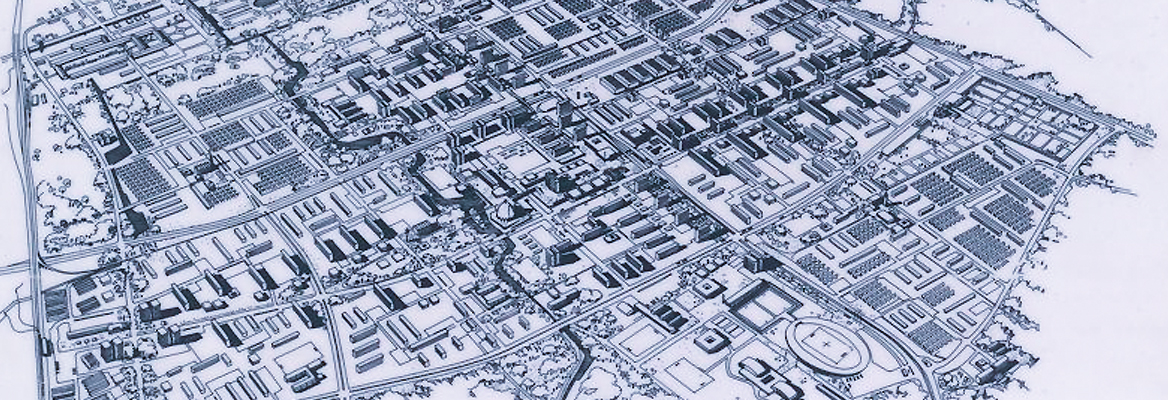Main Content
Digital History/Scientific Collections

Digital History/Scientific Collections
The research infrastructure group comprises the scientific collections on the recent architectural and planning history of East Germany. Whereas its focus was previously on the GDR era, it now also covers the period after 1990. At the same time, the group is building up a portfolio of digital history activities, primarily in the areas of mapping (GIS) and 4D reconstruction, text mining and the use of AI – each with close links to the holdings of the scientific collections. At its core, the group continues to collect, catalogue, make accessible and disseminate in various ways the relevant papers of East German figures from the fields of architecture and planning. Domestic and international users from research and other fields have access to this important special archive on the recent urban development and spatial history of East Germany and are supported by the collection team. Citizens are also involved in the work: through citizen science projects, they contribute to the description of visual objects, among other things. The group presents digitised archival materials on the online portal stadt-raum-geschichte.de, which also invites the public to participate.


